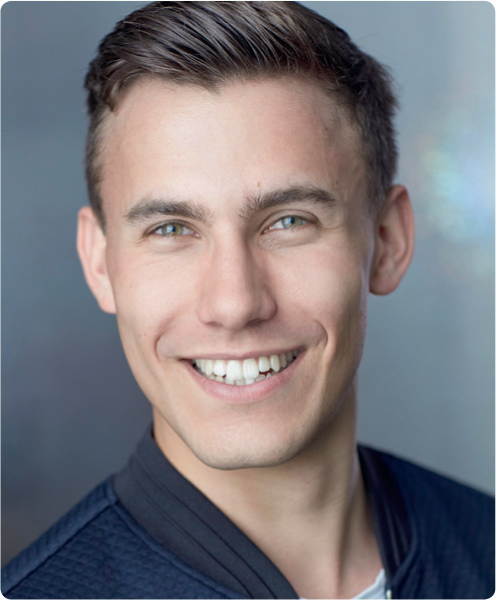
Just over 3 months ago, we celebrated the start of 2020. We made resolutions and had dreams and expectations of what this year would hold. What would define this particular year for us? Brexit was still the word on everyone's lips, but now we can hardly remember it. It's been replaced by COVID-19 and a host of phrases that had not even been invented in January. The most vivid imagination could not have dreamed up the extraordinary changes each one of us has experienced in our daily lives.
During my second-year placement in February, stories of COVID-19 came from a country thousands of miles away. If a patient had a cough, we began to ask if they had travelled abroad recently, but we asked lightly, with no anxiety or premonition about a desperate outcome if the cough was a symptom of COVID-19. During my last placement, news began to spread about the first few UK patients with COVID-19 needing hospital admission. Like many others, I wasn't particularly fearful or even concerned. Journalists were most likely making a mountain out of a molehill.
Two months later, and the story of a pandemic has become reality. My university closed its doors to physical lectures in the middle of March and teaching migrated to online learning. Our summer placements have been cancelled, and we are following the government's guidance to stay at home, protect the NHS and save lives. Volunteers have been summoned. For me and many of my paramedic student peers, who are itching to help, volunteering gives us this opportunity we crave. We want to help the public, the NHS and the paramedics who are training us.
I volunteered immediately and was sent on an intensive 5-day training course organised by the East of England Ambulance Service, to transition into working as an Emergency Care Support Worker (ECSW). My role will be to support the ambulance service by attending the lower category calls and provide transfers to hospital. The expectation is that this work will free up more highly qualified clinicians to focus on those patients whose needs are greatest. Intensive training was swiftly followed by an essential 2-day driving course, to allow ECSWs to drive smaller vehicles, introduced in response to the current crisis.
Tonight, as I complete this article, my bags are packed for my first ECSW shift tomorrow. I feel excited and fearful. The intensive training has been of a high standard, but COVID-19 is not clearly understood and the death rate is rising dramatically. I feel I'm about to take a leap of faith as I go to the frontline in a completely new role. I will be driving an ambulance with another second-year student, similarly, fast-tracked as an ECSW. Neither of us has ever been autonomous on a shift before. I'm not invincible. I have no idea at this moment how the pandemic will progress, or how it will end. I only know I will do my best.
And I am not alone. Students across the UK are stepping up to the mark to help. They will do their best too. We all will. Desperate times call for desperate measures, and the COVID-19 pandemic is surely one of these times.

